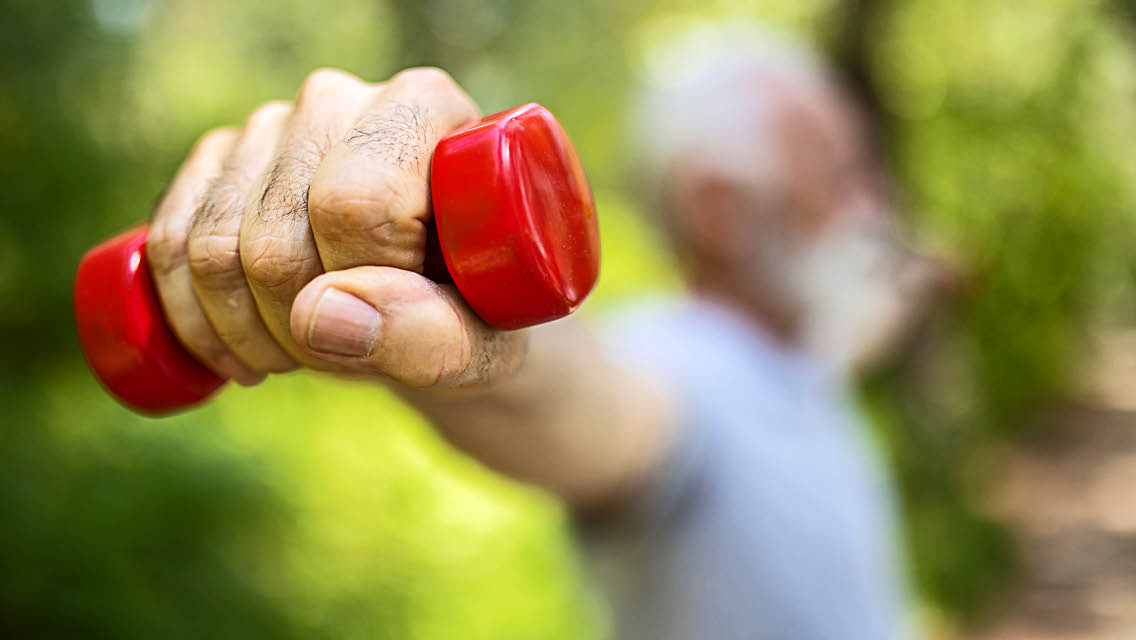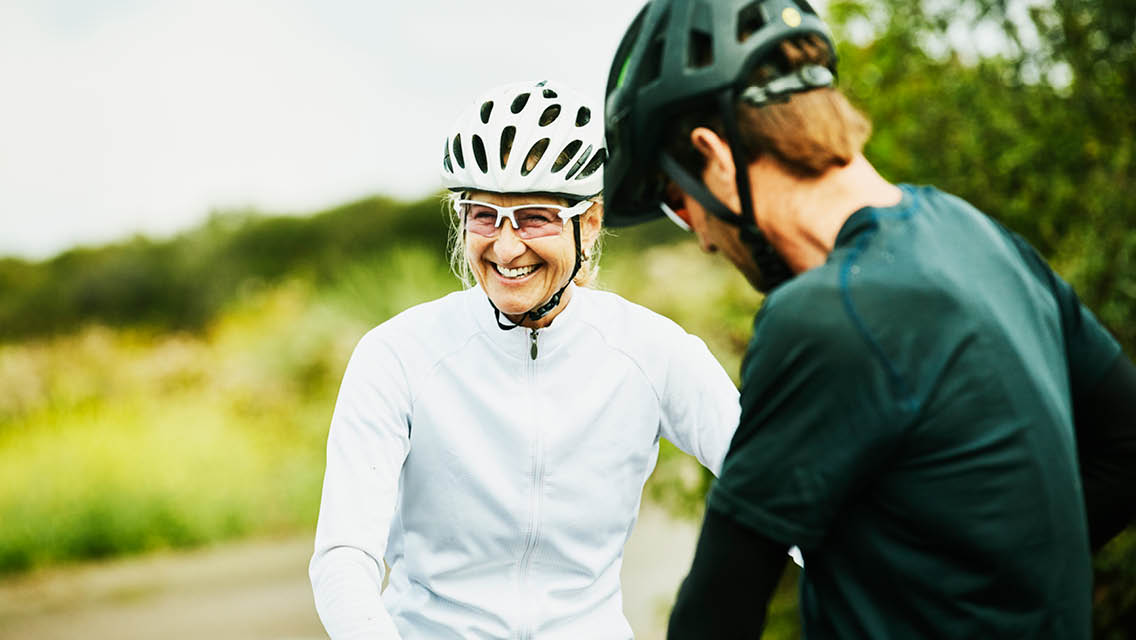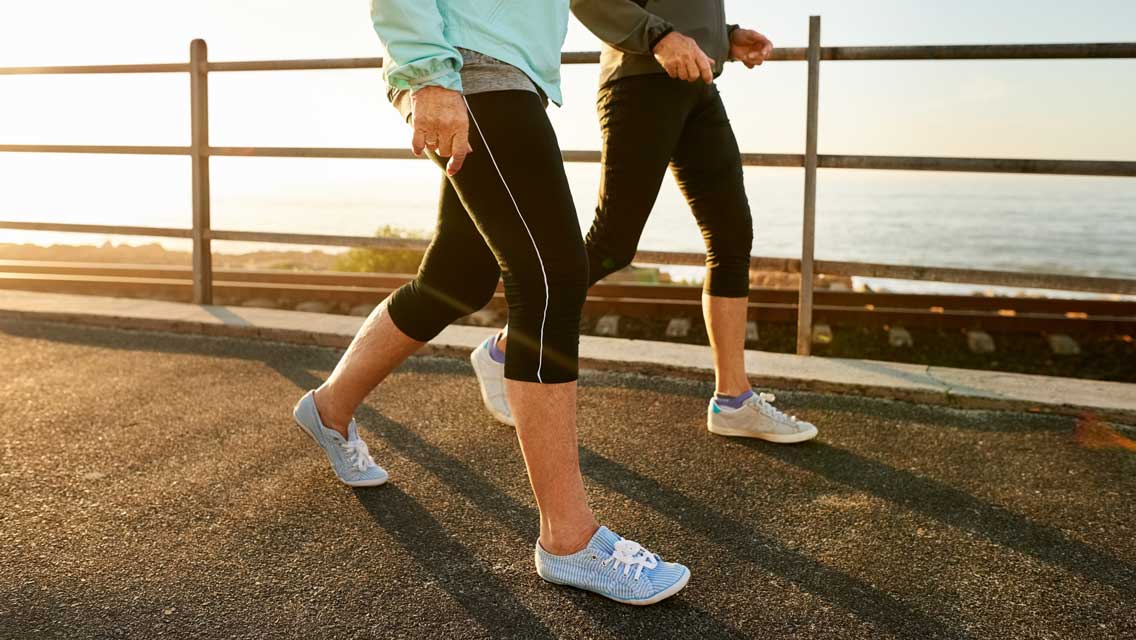My Lovely Wife has been coexisting with a bum right knee for as long as I’ve known her — nearly a half century — without registering much in the way of complaints. Oh, there are days when she’s been spending too much time in the garden or standing too long at the grocery store when she’ll announce it’s time to put her feet up for a while. When weather permits, though, she’ll more often opt for a bike ride.
Pedaling a couple miles to the coffee shop tends to loosen things up in her troublesome arthritic joint and ease the pain, so it makes perfect sense as physical therapy. But I’ve always regarded it as a sign that she remains confident in her ability to navigate the ups and downs of the aging process — that she’s going to be OK no matter what obstacles she encounters.
It can be hard, after all, for seniors harboring a pessimistic outlook on aging to find the motivation to get off the couch and start moving — regardless of their health status. If you’re convinced that growing old offers only a dreary succession of painful ailments and frustrating concessions, what’s the point of exercising? It might make things even worse.
Sarah Lieber, MD, a rheumatologist at the Hospital for Special Surgery and Weill Cornell Medicine, recently set out to test that attitude-activity premise among a group of seniors suffering from arthritis. In a paper presented last week at the ACR Convergence 2023 meeting of the American College of Rheumatology, she and her research team revealed some evidence to support the link.
“Physical activity is essential for older adults with arthritis, as it can help to reduce pain and stiffness, improve mobility, and maintain independence,” Lieber notes. “However, many older adults with arthritis do not get recommended levels of physical activity. Our study suggests that self-perceptions of aging and general health may at least partly explain why.”
Lieber’s team recruited 99 arthritis sufferers 60 years old and older and asked them to describe their feelings about aging, specifically focusing on issues such as motivation, physical limitations, and energy levels. The results of the survey suggest a strong association between frequency of physical activity and perceptions of aging: Those displaying a more positive attitude toward growing old tended to move their bodies more than their more negative counterparts.
These results, Lieber says, could be used to encourage a new dialogue between physicians and their older patients.
“Our findings suggest that interventions to improve physical activity in patients with arthritis may need to target self-perceptions of aging, as well as general health,” she explains. “For example, interventions could help older adults to challenge negative feelings about aging and to develop more positive views of their own aging process. Interventions also could help older adults to identify and address factors that are affecting their general health, such as chronic pain or fatigue.”
Lieber’s research builds on earlier work by Yale professor Becca Levy, PhD, which has shown how powerfully our attitudes toward aging — even when young — can affect our well-being during our later years. Her seminal 2002 study found that middle-aged participants who expressed positive views about growing old lived almost eight years longer than those with negative attitudes, partly because the pessimists were less likely to engage in healthy behaviors, viewing such efforts as futile.
Futile, thankfully, does not describe MLW’s frequent cycling forays. It’s not just that the pedaling often relieves the pain and stiffness in her knee, it’s that there’s always a good cup of coffee awaiting her when she reaches her destination.





This Post Has 0 Comments